TBILISI, Georgia—In recent years, some Americans on both the right and on the left have become obsessed with debating how, exactly, the decline of democracy will feel. Creeping bureaucracy? Surprise immigration raids? Woke speech codes and the abandonment of meritocracy? Straight-up election fraud? The iterations, and predictions, are endless.
For Nika Daniela, a student and tour guide in Tbilisi, Georgia, the answer is clear: It feels, quite literally, like a fist to the head. He was beaten by riot police on the night of November 28 last year, at the beginning of a wave of ongoing protests in the country that were sparked by the ruling Georgian Dream’s party decision to “postpone” efforts to join the European Union. “I opened the season,” Daniela told The Dispatch in March.
Until quite recently, Georgia’s democracy had been steadily improving since its liberation from Soviet rule in 1992. The 2002 Rose Revolution, a peaceful protest movement against President Eduard Shevardnadze, brought liberal reformer Mikheil Saakashvili and his National Movement to power. After Sakaashvili, who made real strides in liberalizing the economy and modernizing the state, lost popularity after a disastrous 2008 war with Russia and a series of police abuse scandals, the 2013 elections brought an orderly handover of power to the Georgian Dream party, elected on an anticorruption platform.
Corruption continued to plague the political system. But by the mid-2010s, Georgia had competitive elections, a free media, and a vibrant civil society—the healthiest democracy in the Caucasus according to observers like Freedom House, and comparable to many European countries.
Georgians were proud that their country seemed set on a path to political stability and liberalization. President George W. Bush visited in 2005, the first American president to set foot in the capital of Tbilisi. “You gathered here armed with nothing but roses and the power of your convictions, and you claimed your liberty,” Bush told a crowd in Tbilisi’s Freedom Square, the site of the Rose Revolution protest movement. “Because you acted, Georgia is today both sovereign and free, and a beacon of liberty for this region and the world.”
But two decades later, Bush’s statements no longer seem to be true. According to Georgians, the country has been slowly sliding into authoritarianism, as Georgian Dream rigs elections, violently suppresses protests, and drags the country further and further back into Russian orbit.
It’s hard, talking with Georgians, to pinpoint exactly when it became clear that Georgian Dream wasn’t simply a reformist party, but one intent on changing the country’s democratic structure—even if that meant aligning with the foreign policy of Russia.
But over the past several years, the party has moved to clamp down on dissent and break with the dominant national narrative of the post-Soviet era—that is, the country’s democratization, liberalization, and movement towards joining the European Union.
An early warning sign, several protesters told The Dispatch, was a crackdown in 2018 by armed police on the Tbilisi techno club Bassiani, allegedly to disrupt drug dealing, but which many young Georgians, and some civil society organizations, perceived as a heavy-handed attempt to suppress a well-known gay social space and a beacon of Westernization. “‘Bassiani, and generally the Tbilisi clubbing scene, has become one of the biggest bridges to the West,” one of the club’s co-founders told Radio Free Europe/Radio Liberty at the time.
In 2019, police violently broke up demonstrations protesting what, for many Georgians, was an intolerable offense: a speech by Russian politician Sergei Gavrilov, in Georgia’s Parliament, about the supposed brotherhood between Russia and Georgia. More recently, Georgian Dream’s electoral victory late last year, marred by voter intimidation, interference by the government in election administration, and vote buying, sparked serious protests.
But what truly shocked Georgians was the announcement in November by Prime Minister Irakli Kobakhidze that Georgia would “suspend” the EU accession process.
In response to “blackmail and manipulation” by the EU, Kobakhidze said, Georgia would “not put the issue of opening negotiations with the European Union on the agenda until the end of 2028.” He was referring, in part, to condemnations by the EU of the corruption in the 2024 elections.
This was a sea change: Since the 1990s, Georgian governments have consistently advocated for European integration—in fact, it’s even part of the country’s 2017 constitution. “Constitutional organs shall take all measures within the scope of their competences to ensure full integration of Georgia into the European Union and the North Atlantic Treaty Organization,” proclaims Article 78, added during reforms in 2017.
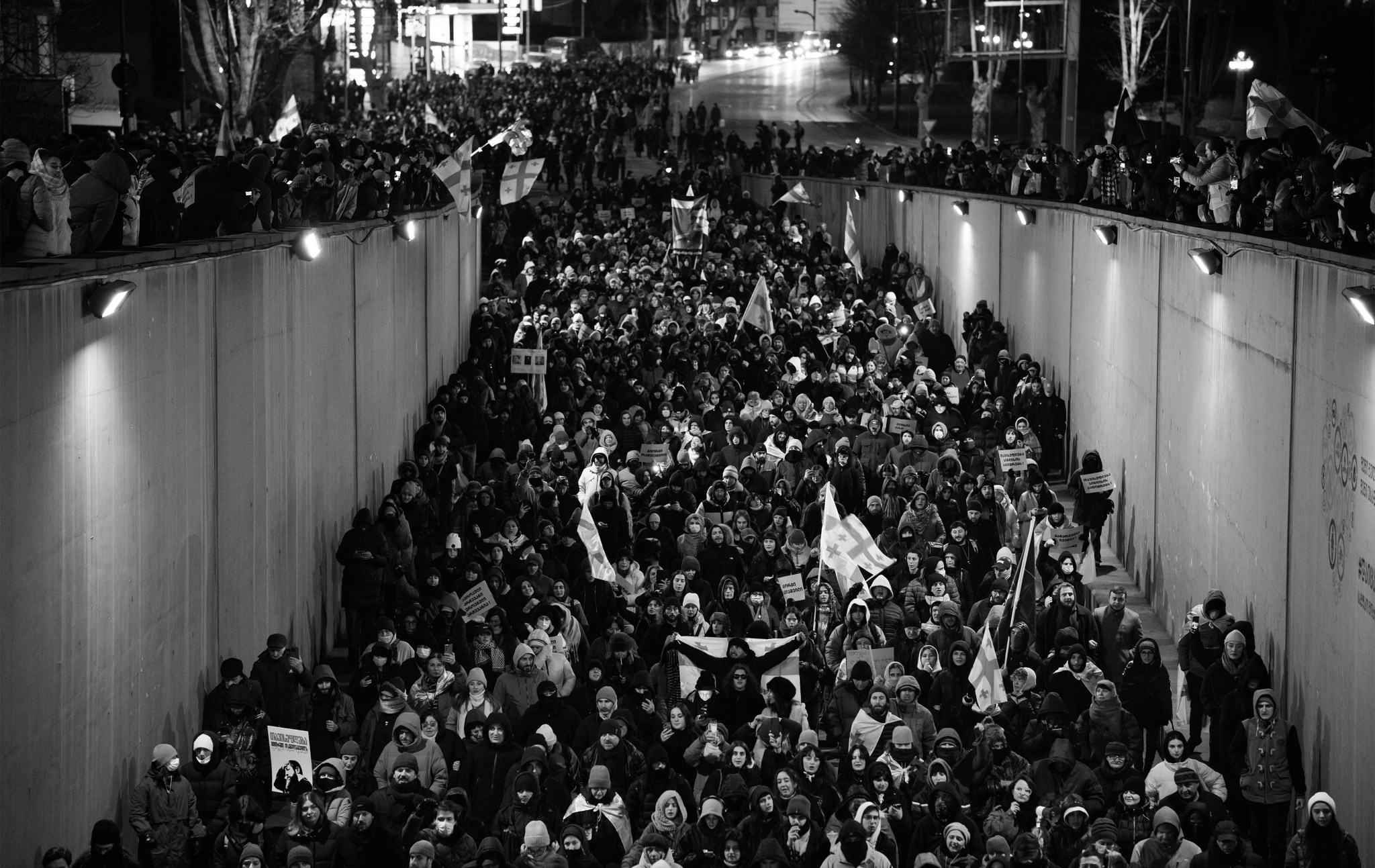
But the legal mandate to integrate with the West is just one expression of a deeper impulse. In many ways, Georgian national identity revolves around the country’s efforts to preserve its culture from destruction by foreign empires, whether from the Ottomans, Tsarist Russia, or the Soviet Union. For younger Georgians, especially, being European and democratic is bound up with that struggle.
“We’ve never considered ourselves similar to Russia. We’ve always been more European,” Tatusha Arveladze, a young Tbilisian who founded a protest group last winter, told The Dispatch. “Before we lost our independence back in 1921, we had a parliamentary system, like Europe.” The short-lived Georgian Democratic Republic was, in many ways, ahead of its time: “The Democratic Republic of Georgia equally guarantees to every citizen within her limits political rights irrespective of nationality, creed, social rank or sex,” reads the 1918 Act of Independence of Georgia, which established Georgia as a fully sovereign state for the first time since 1800. Women, Muslims, Jews, and nine different ethnicities were represented in its Parliament.
But those brief years of independence and democracy were extinguished by Soviet Russia’s invasion in 1921, bringing seven more decades of authoritarian rule by the Russians. Ever since regaining independence in 1991, the country’s politics has largely stayed between two poles: democracy and Europe, or autocracy and Russia. “Georgia’s whole national identity and national mission in the last three decades has been built around moving away from Russia,” Alex Scrivener, a British-Georgian analyst who has lived in the country for over a decade, told The Dispatch.
The successful Rose Revolution, along with protests that helped bring about the end of Saakashvili’s political career following a long decline in his popularity, showed that demonstrations can be effective. The average Georgian knew that their government could be corrupt, said Scrivener, but they never assumed that it would simply ignore protests and violently quash dissent. “Fundamentally, Georgia has spent 30 years [as] a relatively free society,” he said.
The pattern of protests last fall and winter, beginning with public demonstrations following the October elections and kicking into high gear after Kobakhidze announced the EU accession pause late in November, seemed to follow a familiar Georgian pattern of unpopular governments being tossed out amid public outcry. Protests throughout Tbilisi, but focused on the stretch of Rustaveli Avenue that lies in front of the Georgian Parliament building, showcased deep resolve, with protesters chanting “Sirtskhvilia!” (“Shame!”) and “Sakartvelo ar aris ruset’i!” (“Georgia is not Russia!”) while waving Georgian and EU flags.
Spirits among the pro-democracy movement were high during the early months of the protests. Nina Bakhdatze, a gallerist in Tbilisi who’s become a regular protester, said that after seeing friends get tear-gassed, protesting became a “second shift” for her and many other young people in Tbilisi.
Speaking in January, Bakhdatze also believed that protest would, eventually, work. “I have a hope, and that’s why I’m standing,” she said. Protesters understand that “if they don’t protest and express their opinion, they’re going to become like f-cking Dagestan!” (That’s a reference to the Russian republic over the border from Georgia, an example of what a Caucasian state like Georgia would look like under full Russian control.)
With the notable exception of a controversial crackdown in 2007, which was smaller in scale, police violence against protesters in Georgia is generally rare, according to Georgians interviewed by The Dispatch. Over the past year, however, police have been far more willing to use force, with reports of beatings in jail and death threats levied against members of the movement. Hundreds of people, including journalists and opposition politicians, have been beaten and tortured in police vans, and thousands more have been attacked with rubber bullets, tear gas, and hoses spraying water mixed with chemical irritants.
For many Georgians, it’s been a shocking change in how they see their government. “We still hoped that things would be possible to change democratically,” said Daniela, about the start of the protests. “And now we have this situation.”
In some ways, however, the violence seems to have been counterproductive for the government. “We used to respect police in this country,” Maka Shengelia, a tour guide and former employee of the International Republican Institute (a nonprofit defunded by recent cuts to USAID), told The Dispatch. Now, many Tbilisians revile law enforcement; “ACAB” (“All Cops Are Bastards”) graffiti, a slogan imported from America, now dots the city.
The violence also seemed to, at least for a time, galvanize protests. At one point in December, observers estimated that roughly 200,000 people were protesting in and around the Georgian Parliament—almost 10 percent of the country’s population. The protests seemed to have at least some effect: A wave of officials, mostly ambassadors, resigned in the face of international condemnation of the move away from the EU and the ensuing violent crackdown. “I have faithfully carried out my official duties as long as I believed that I could somehow influence the course of events,” wrote David Solomonia, Georgia’s veteran ambassador to the Netherlands, in a resignation statement in November, following the government suspension of EU integration efforts. “Today such hope no longer exists. I condemn any violence and resign.”
Some government employees have also refused to participate in violence against protesters. Irakli Shaishmelashvili, a senior law enforcement official in the Interior Ministry, resigned in December and fled the country, telling Georgian media that “what is happening today is a hybrid war being aggressively waged by Russia in Georgia.”
But the government has found other ways to suppress dissent. In 2023, the Georgian Dream-controlled Parliament attempted to pass a law that would classify NGOs that receive more than 20 percent of their funding from foreign sources, like election observers or media organizations, as “foreign agents,” subjecting them to surveillance and investigations. Most Georgians call this the “Russian law, ” alluding to Russia’s own anti-NGO campaign in 2012.
Protests blocked the Georgian law in 2023, but another attempt resulted in its passage in May 2024. Thousands of protesters took to the streets again, but the government was able to ram the bill through, thereby blocking any funding sources for independent media, civil society organizations, and electoral watchdogs. Increasingly, Georgian Dream leadership mirrored Russian talking points, with Bidzina Ivanishvili, the billionaire widely recognized as the shadowy éminence grise running the party behind the scenes, making a rare public appearance to call NGOs a “pseudo-elite nurtured by a foreign country.”
Another move has been to levy severe financial penalties. Protesters are terrified of laws passed earlier this year that impose fines of about $1,800 for leaving the sidewalk while demonstrating—an essentially unpayable amount in a country where the median GDP per capita is $9,090. The government doesn’t even need to arrest people at the scene to accomplish this: Facial recognition software, purchased from Chinese companies who developed their technology for use in China’s repression of the Uyghur people, scans crowds at protests, with punishment coming after the fact.
Civil society groups and protesters’ organizations worked to crowdfund money to pay off protesters’ fines. But in March, the government, without warning, froze the bank accounts of five of the largest funds, citing concerns of “sabotage” related to property damage from protest actions. Later that month, Georgian police raided the homes of activists connected to the funding campaigns.

The fines have undoubtedly had a chilling effect. Except for the largest protest days, the nightly protests on Rustaveli Avenue and in front of the state TV station were no longer a solid wall of people stretching for hundreds of yards. Demonstrating has shrunk down to a relatively small core of regulars.
“Now I try to avoid” the protests because of the fines, said Daniela, the protester who was beaten in November. Eva Archemashvili, a Tbilisian journalist in her 20s, told The Dispatch that many Georgians who had once enthusiastically protested simply couldn’t sustain the daily grind that the movement has become: “You have children who need to be fed, so you can’t be standing on the streets all the time,” she said.
In the winter, it was different.“I could feel it coming into Tbilisi, the kind of electricity in the area, that everyone was mad,” Archemashvili added, describing the winter during which protesters were still regularly being beaten, and Georgians were still enraged. But something has changed: “It’s getting worse and worse, [with] them [Georgian Dream] doing the things that we couldn’t imagine even months ago,” she said. “It’s become like, you live in shit, and you get used to it, because you have to.”
Still, many continue to protest. On March 31, to mark the anniversary of Georgia’s 1991 independence referendum, tens of thousands of demonstrators ascended the slopes—Tbilisi lies in a steep river valley—to Parliament. They waved flags and sported surgical masks, balaclavas, and the occasional clown nose to try to evade facial recognition cameras.
Georgia’s white and red flag, bedecked with the cross of St. George (the country’s patron saint, though not its namesake—“Georgia” comes from the ancient Persian term “Gorgan,” meaning “land of wolves”), was nearly omnipresent. But it wasn’t the only flag: The EU’s 12 stars on a blue background also fluttered above the crowd, joined by the occasional American flag.
The night’s main attraction was a speech by Salome Zourabichvili, the president (a largely symbolic position) from 2018 to 2024. She has refused to recognize the legitimacy of last year’s elections and the resulting government—and in the process, the 73-year-old has become an icon of the opposition, joining the front line of some of the most violent protests.
Still, as Zourabichvili began to talk, it quickly became clear that this night’s protest, like most of the ones before, wasn’t going any further than the stretch of Rustaveli Avenue outside of Parliament. “Not another ‘platform’ proposal,” Scrivener texted from within the crowd. “Salome is just not a natural rabble-rouser.”
Even some of the most educated Georgians, with degrees from Western universities and family support, are beginning to give up on their future in the country. One government employee in her early 20s, educated in the West, who withheld her name due to fears for her safety and job security, said that younger Georgians are now facing the bewildering prospect of reliving an authoritarian past they thought their country had overcome. “We’ve been raised in a democracy. We haven’t been raised in all the things our parents went through,” she said. “I have no idea how to work in a corrupt system.”
Increasingly, young Georgians are considering packing up and leaving. Emigration has been steeply rising, with roughly 245,000 people leaving the country in 2023, nearly doubling the previous year’s totals. At the moment, immigration—including by Russians fleeing their home country—significantly ameliorates Georgia’s net population loss. But for young people especially, a variety of forces pull them out of the country, whether that be economic opportunity, political pressure, or simply the experience of visa-free travel to the E.U., granted in 2017.
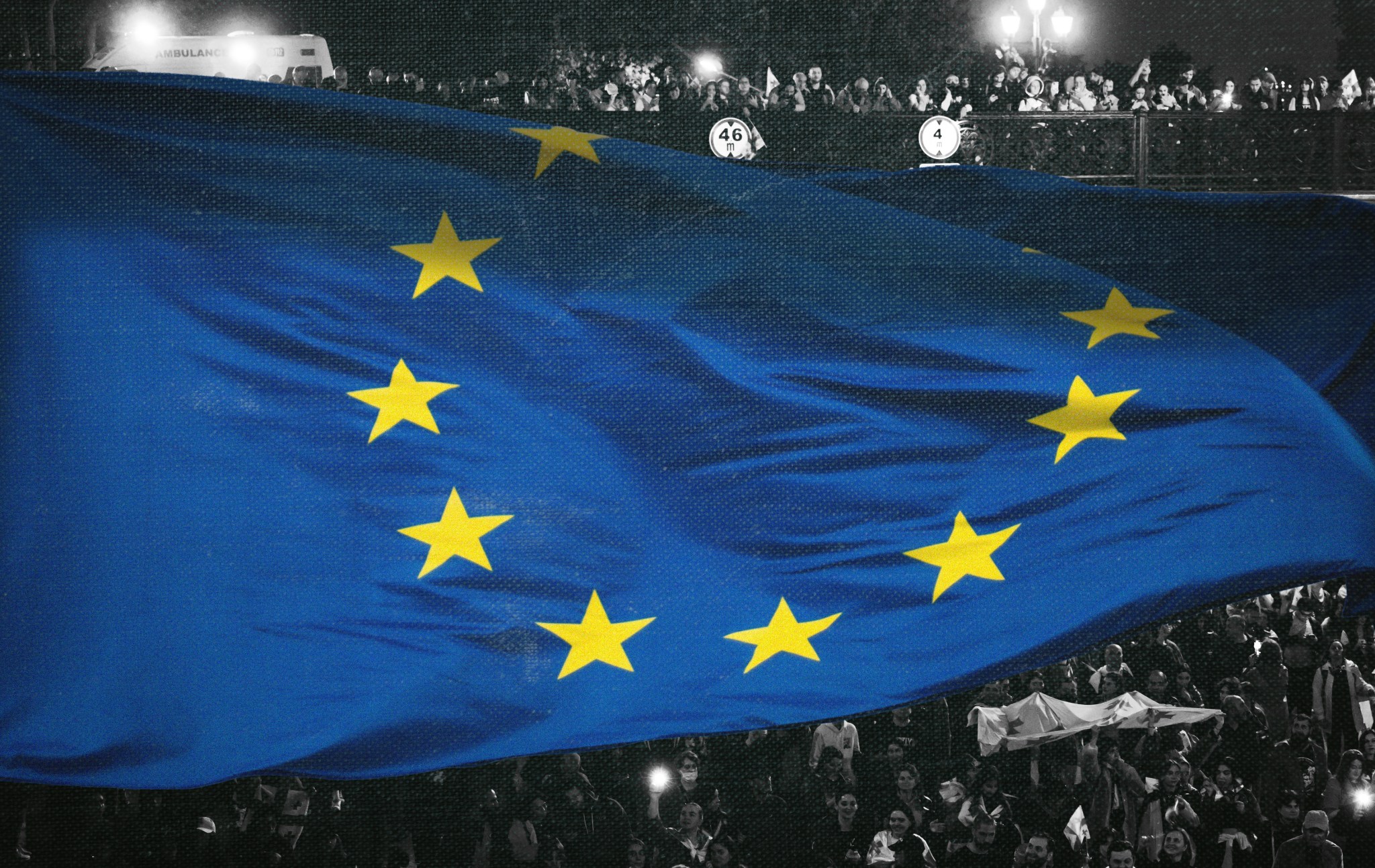
“It’s really tough to have a decent life in Georgia,” said Giorgii Kavartvelishvilli, a student in Tbilisi who helps run a socialist activist organization. “Unless you do something crazy.”
Something “crazy” tends to take one of two forms: working for the government, which many young Georgians openly loathe, or joining resurgent organized criminal networks, a problem that had plagued Georgia in the 2000s but which Saakashvili had managed to get under control.
Nino Vadatchkoria, a native of Ozurgeti, a town in the western region of Guria, said that when she returned there last year after spending years in Europe and Tbilisi for her education, she was shocked to find that many young people in her village had joined what Georgians colloquially called “the mob.” There was nothing for her there, she said in April. She has since moved to Spain.
“I have no idea how to work in a corrupt system.”
Protests have been relatively rare in parts of the country outside of Tbilisi, like Ozurgeti. The government, which has expanded the size of the bureaucracy in recent years, is often the only stable source of employment. “It’s the public sector, the criminals, and the church,” said Lado Menabde, a local journalist in Ozurgeti.
He also claimed that local criminal organizations worked with the government to intimidate people into voting for Georgian Dream. “It feels like that they [Georgian Dream] have access and they have information about everyone,” Menabde said. Even local media is harassed: Last year, Menabde and his cameraman were attacked by a group of men while reporting in Guria, with Menabde’s employer later blaming the assault on “pro-government thugs.”
In many ways, Georgia still appears like the same modernizing country it has been for the last few decades. Tbilisi has modern apartment blocks alongside quaint 17th-century brickwork, industrial-chic galleries and clubs where young people who would not look out of place in Brooklyn gather to smoke endless cigarettes, and a steady stream of tourists. Almost invariably, Georgians speak freely and expansively to reporters.
But some Georgians are despairing for their country’s future. “I don’t think there can be a second liberal evolution in Georgia,” said Kavartvelishvilli. “Can we overthrow a regime a second time in Georgia? It already happened. It’s done,” he said, as many of his peers resolve to leave the country.
Some, however, have their reasons to stay and keep fighting. Bakhdatze said that for people like her, who have spent time in the West, going “back” toward Russia is not an option. “We know what freedom is,” she said. But no one knows how long it will survive.
Correction, July 18, 2025: This article has been updated to correct the spelling of Nino Vadatchkoria’s name.
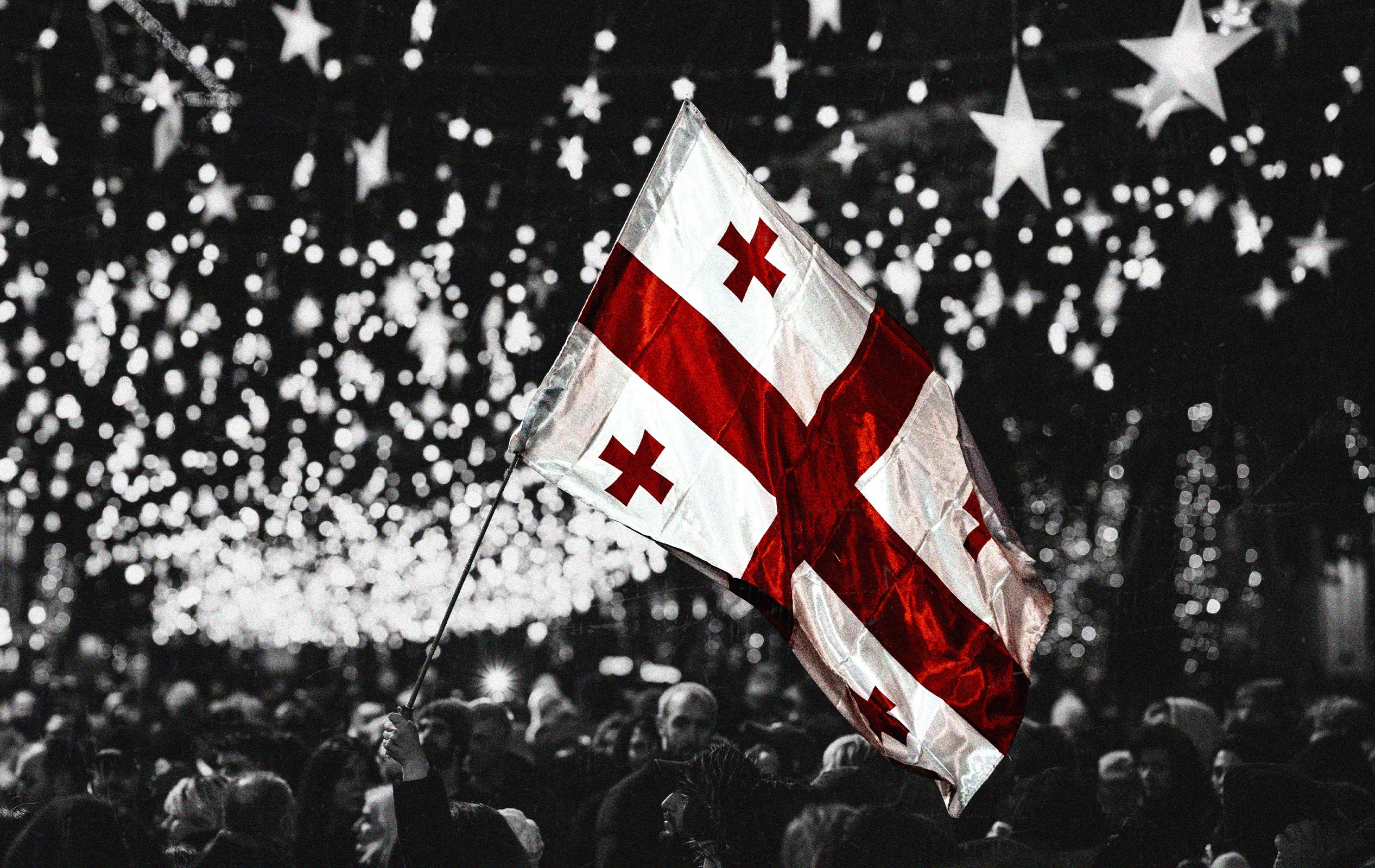



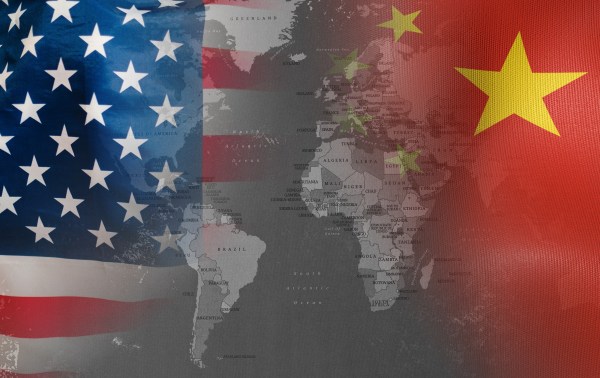

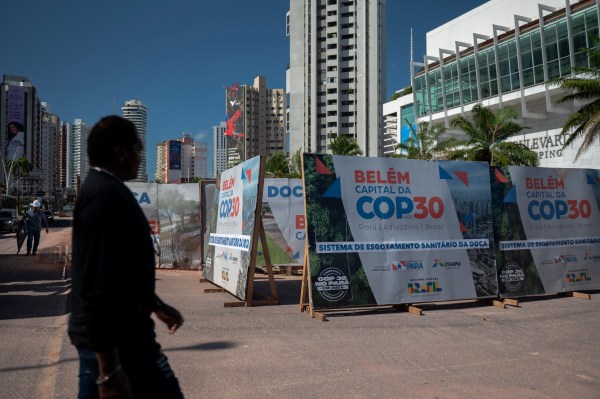



Please note that we at The Dispatch hold ourselves, our work, and our commenters to a higher standard than other places on the internet. We welcome comments that foster genuine debate or discussion—including comments critical of us or our work—but responses that include ad hominem attacks on fellow Dispatch members or are intended to stoke fear and anger may be moderated.
With your membership, you only have the ability to comment on The Morning Dispatch articles. Consider upgrading to join the conversation everywhere.